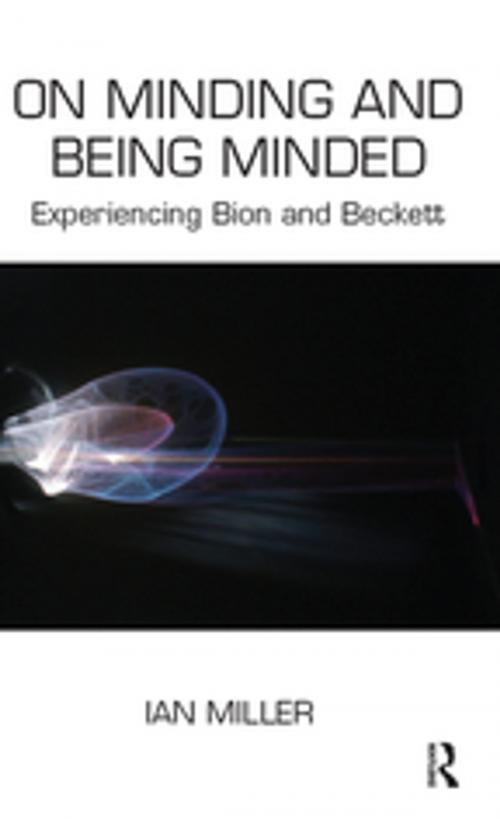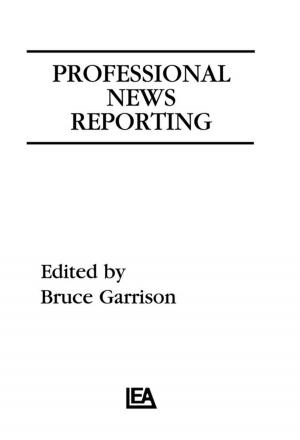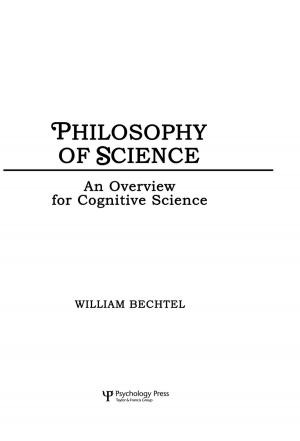On Minding and Being Minded
Experiencing Bion and Beckett
Nonfiction, Health & Well Being, Psychology, Mental Health| Author: | Ian Miller | ISBN: | 9780429917004 |
| Publisher: | Taylor and Francis | Publication: | May 11, 2018 |
| Imprint: | Routledge | Language: | English |
| Author: | Ian Miller |
| ISBN: | 9780429917004 |
| Publisher: | Taylor and Francis |
| Publication: | May 11, 2018 |
| Imprint: | Routledge |
| Language: | English |
On Minding and Being Minded explores links between depictions of lived experience written by Samuel Beckett and the experience of psychoanalytic psychotherapy pioneered in the writings of W.R. Bion. These robust literary and clinical intersections are made explicit within the demanding culture of twenty-first century psychotherapy as patient demand for time-limited, result-driven therapeutic outcomes conflicts sharply with the contours of intensive, long-term psychotherapy. Bion and Beckett present elements of familiarity to the practicing psychoanalyst which emerge tantalizingly, out of explicit reach, yet become knowable through interpersonal engagement. These stutterings and intimations are thick with meaning, suggestively presented in passing. They hint at how it is for the patient, provoking excitations of thinking; and, like the mental constructions of us all, their articulation conceals deep artistry. On Minding and Being Minded provides a therapeutic link bridging the single session with multiple session psychotherapy focused upon the dynamic engagement of patient and therapist.
On Minding and Being Minded explores links between depictions of lived experience written by Samuel Beckett and the experience of psychoanalytic psychotherapy pioneered in the writings of W.R. Bion. These robust literary and clinical intersections are made explicit within the demanding culture of twenty-first century psychotherapy as patient demand for time-limited, result-driven therapeutic outcomes conflicts sharply with the contours of intensive, long-term psychotherapy. Bion and Beckett present elements of familiarity to the practicing psychoanalyst which emerge tantalizingly, out of explicit reach, yet become knowable through interpersonal engagement. These stutterings and intimations are thick with meaning, suggestively presented in passing. They hint at how it is for the patient, provoking excitations of thinking; and, like the mental constructions of us all, their articulation conceals deep artistry. On Minding and Being Minded provides a therapeutic link bridging the single session with multiple session psychotherapy focused upon the dynamic engagement of patient and therapist.















